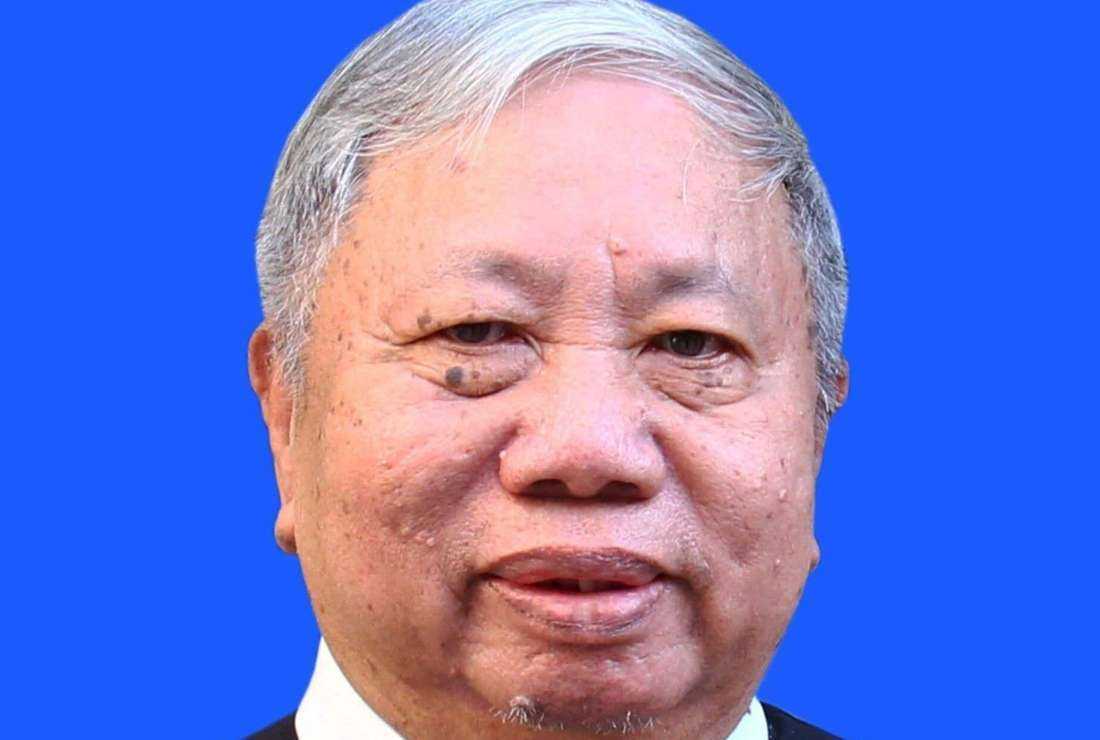Church leaders have hailed the late Redemptorist Father Joseph Pham Kim Diep as a great missionary who dared Vietnam’s communist rulers.
After his priestly ordination in August 1975, Father Diep served Can Gio parish in the remote coastal district of Can Gio in Ho Chi Minh City.
It was a tough time as the communist government "restricted religious activities and confiscated religious facilities in the Southeast Asian nation," said Redemptorist Father Peter Nguyen Van Khai.
The government closed two local mission stations in the mangrove-covered district where communists were active.
Diep was treated like a “reactionary,” and was watched closely. He needed government permits to go out. Local authorities alleged that he was arranging boats for people to flee the country, said Father Khai, who worked with the deceased priest for years.
“He offered free food, clothes and medicines to people in need,” he said.
The late priest provided people with fishing gear and set up vocational facilities to repair fishing boats, process seafood, and make fish sauces as a way to help them escape poverty.
Diep served Catholic communities in Can Gio for 37 years.
Father Diep died of old age on Jan. 10 in Ho Chi Minh City. The body of the 78-year-old priest will be cremated on Jan. 13.
Father Diep was "an enthusiastic shepherd for the poor and the pagans,” the Vietnam Redemptorist provincial office said.
Many local officials held positive views about him and supported his pastoral and social activities, added Father Khai, who used to work at Can Gio parish.
In the 1990s, Father Diep gave accommodation to elderly people without relatives, disabled persons, and students from other places.
Diep was able to reopen old mission stations and establish new Catholic communities in 1994.
One of them, An Thoi Dong, became a parish with 600 members in 2006.
Father Khai said although the government curbed travel and the reshuffle of priests and religious, Diep obtained approval for three of his confreres to work at his parish and later helped with their priestly ordination.
He also arranged government permission for many priests to reside and work in Can Gio.
Later, two of them became heads of the Can Gio monastery.
Khai, who is based in Rome, said one of them, Father Chan Tin, was detained by the government for his articles and homilies criticizing the communist party.
Father Diep negotiated with the government to secure his release.
In 2003, Father Diep built a novitiate at Can Gio parish. The facility would admit 15 novices every year.
Diep also invited religious from six congregations to work among the local people.
“It is good that he refused to join government bodies and give gifts to please government officials,” Khai said.
“He is a pastor for the poor and one of the most typical and successful missionaries of the local Church under the communist regime,” he said.
Born in 1946 in the northern diocese of Phat Diem, Diep accompanied his family to the south in 1954.
He joined the Redemptorists in 1956 and took his first vows in 1968. He led the Can Gio monastery from 1975 to 2012 and he spent his retired life there.

